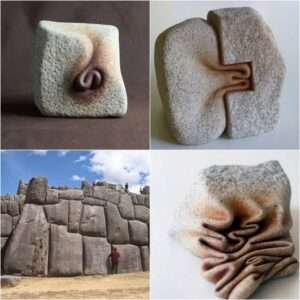Geoffroi de Charny, born around 1306, carved a legendary path as a French knight, epitomizing the chivalric virtues revered in his time. As the third son of Jean de Charny, he did not inherit the lordship and instead, forged his destiny through his exceptional skills as a warrior on the tournament grounds and battlegrounds.

During the tumultuous early phases of the Hundred Years’ War, Charny’s valor on the battlefield was unmatched, despite enduring captivity by the English on two occasions. Renowned for his martial prowess, unwavering piety, and unassailable honor, King Jean II appointed him to the prestigious Company of the Star, a distinguished French order of chivalry established to rival the English Order of the Garter. Notably, Charny was entrusted with carrying the Oriflamme, France’s royal battle standard, a duty that marked him as a prime target for enemy forces.
Beyond his martial exploits, Charny’s legacy endures through his contributions to chivalric literature. His seminal work, “The Book of Chivalry,” sought to delineate the essential qualities of knighthood, reform the conduct of the warrior class, and uphold the ethos of chivalry. Within this treatise, Charny extolled prowess as the core tenet of knighthood, evaluating a knight’s deeds based on the risks, hardships, and sacrifices involved.

Noteworthy as the initial recorded custodian of the Shroud of Turin, a contentious religious relic believed by some to be the burial cloth of Jesus Christ, Charny’s influence extended beyond the battlefield into matters of faith and spirituality.
Charny met his heroic end at the Battle of Poitiers in 1356, where he valiantly fought to defend his beliefs and honor, embodying the knightly virtues he fervently championed throughout his life. Geoffroi de Charny stands as an enduring symbol of medieval chivalry, encapsulating the complexities and ideals of his era, his name forever synonymous with courage, piety, and unyielding honor.





